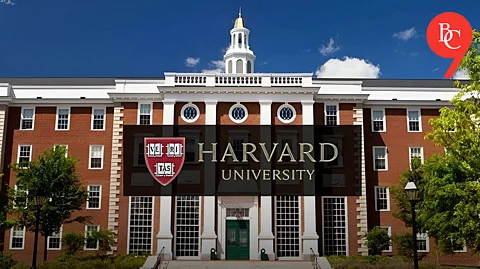

Harvard University has announced that starting in the 2025-26 academic year, tuition will be completely free for students from families with annual incomes of $200,000 (approximately ₹1.7 crore) or less. This significant policy change aims to enhance accessibility to one of the world’s most prestigious educational institutions, allowing more students to pursue their academic dreams without the burden of tuition fees.
The new initiative raises the income threshold for free tuition, making it available to a broader range of families. Previously, free tuition was offered to families earning up to $100,000.
For families earning $100,000 or less, Harvard will cover not only tuition but also housing, food, and fees. Students in this category will also receive a $2,000 start-up grant in their first year and another grant during their junior year to assist with additional expenses.
Families earning between $100,000 and $200,000 will have their tuition fully covered, while additional financial aid for housing and other costs will depend on individual circumstances.
Hopi Hoekstra, the Dean of Harvard’s Faculty of Arts and Sciences, emphasised the university's dedication to welcoming gifted students regardless of their financial backgrounds. “This financial aid investment is intended to ensure that a Harvard education is accessible to every admitted student,” she stated.
Harvard President Alan M. Garber noted that this initiative aims to widen the array of backgrounds and experiences within the student body, fostering intellectual and personal growth among all students.
Harvard has long been known for its robust financial aid programs, having provided free tuition for low-income students for over two decades. This latest expansion marks one of the most significant changes in its financial aid policy in recent years, reflecting a growing trend among elite universities to make education more accessible.
The decision comes at a time when many institutions are reevaluating their financial aid strategies in response to rising tuition costs and increasing scrutiny over educational accessibility. Harvard’s move may set a precedent for other universities to follow suit, potentially reshaping the landscape of higher education in the United States.
